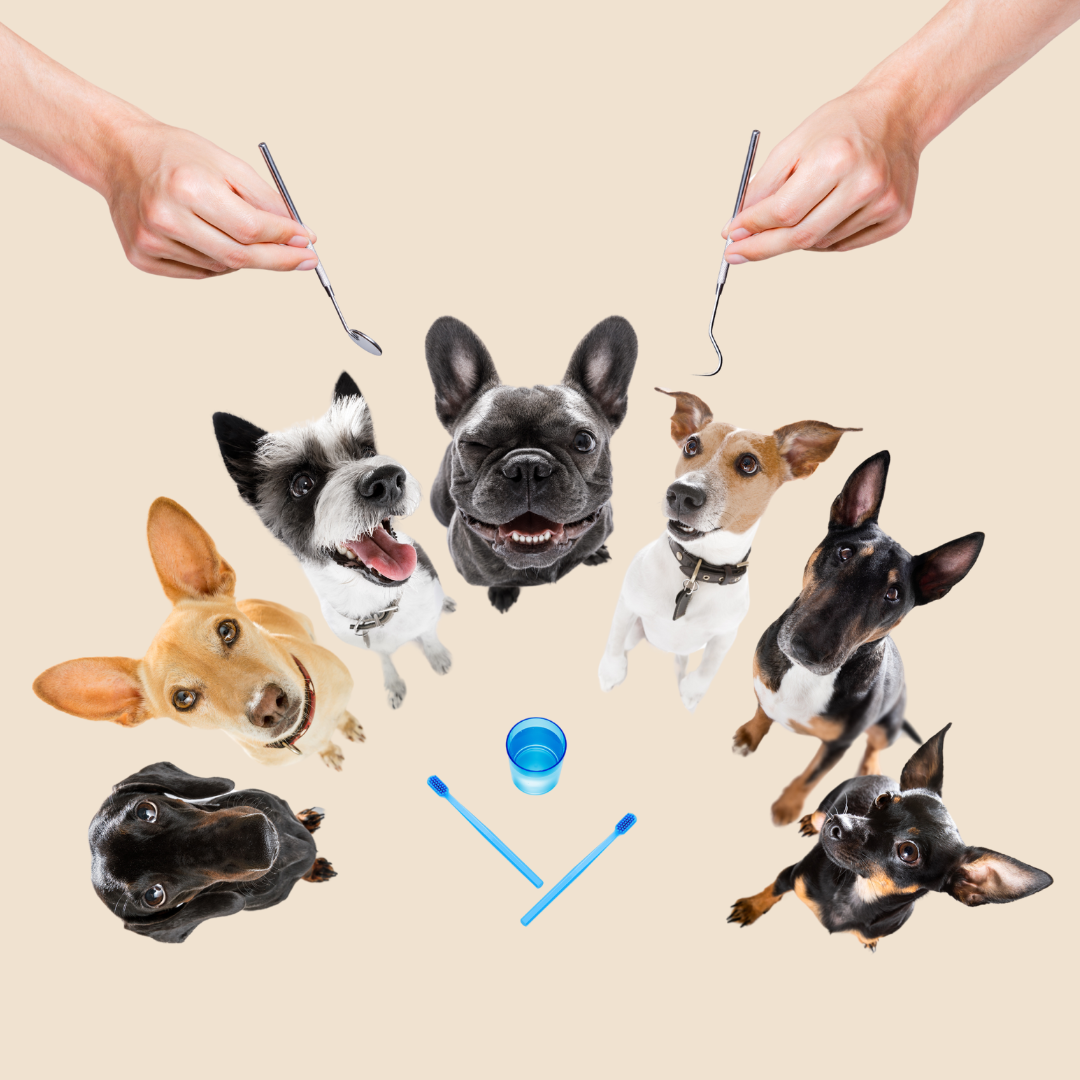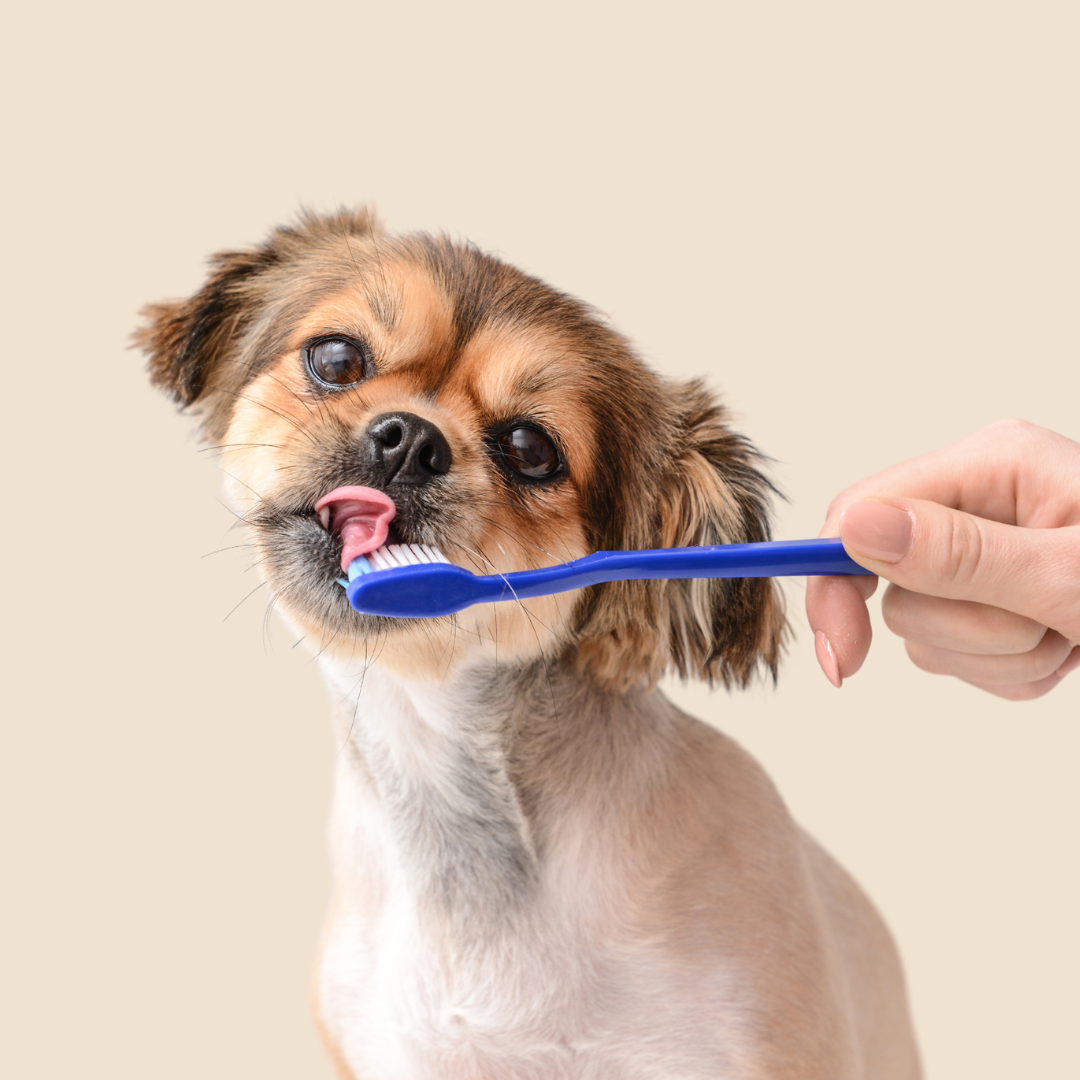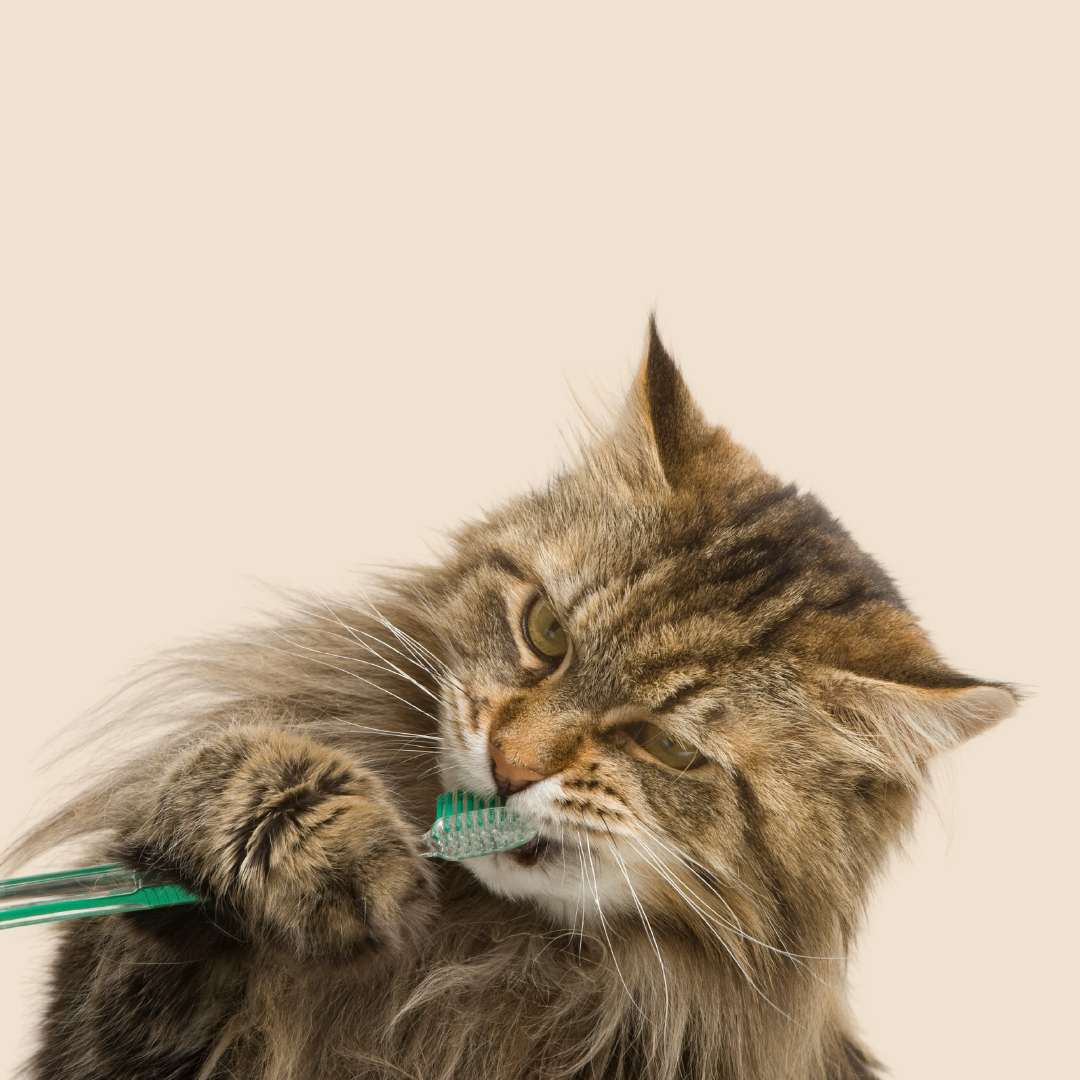|
Cold Lake Veterinary Clinic - Dental Procedures
Dental Disease

Dental disease is a very common problem for our pets. Good oral health is important to maintain as oral disease can cause
your pet to suffer from pain, infection, and bad breath.
Please let us know if you are concerned about:
- Bad Breath
- Fractured teeth
- Dirty or discolored teeth
- Red, inflamed gums
- Reluctance to chew
If you are planning to have a dental procedure performed on your pet, please contact us to get more information!
Did you know…
- Hard chew toys such as antlers, Nyla bones, and rocks can cause fractured teeth
- Tennis Balls can be very abrasive to dog’s teeth, causing severe wearing of teeth’s enamel
Common Dental Issues:

Periodontal Disease
- Tartar and plaque accumulate on teeth leading to gingivitis, then to disease of the bone and soft tissues supporting the teeth
- Problem: Causes pain, infection, and bad breath
- Common in: Cats, small breed dogs and larger dogs with “smushed-in” faces (brachycephalic) ex Boxers and Mastiffs
- Prevention: Daily or every-other-day teeth brushing, appropriate foods and treats that help keep teeth clean. Strategic
removal of problem teeth before they negatively affect more important teeth
- Treatment: Dental procedures can be done under general anesthesia to remove plaque and tartar before damage is done
to bone and soft tissue. If teeth are found that are diseased, painful and cannot be saved, they can be extracted to create a
healthy mouth. Brushing teeth that are already severely diseased is painful for your pet and cannot fix established infection
and bone loss.
Tooth Resorption
- In approximately 1/3 to 1/2 of cats, the cells that normally remodel the baby teeth to help them fall out also decide to remodel
adult teeth. This creates painful holes in the teeth. Lesions usually begin below the gum-line and, once they extend above the
gumline, cause serious pain for you cat. This also rarely occurs in dogs. The cause is unclear at this time.
- Problem: Causes serious pain
- Common in: All cats, some dogs.
- Prevention: None
- Treatment: Extract affected teeth found on visual and radiographic exam
Occlusion Problems

- A dog’s face grows in a manner that causes some teeth to damage soft tissues or other teeth in the mouth
- Problem: Causes pain and damage to more important teeth
Retained Deciduous Teeth
- Baby teeth remain in place after adult teeth come in
- Problem: Causes disease because teeth are crowded
- Common in: Small breed dogs
- Prevention: None
- Treatment: Extract baby tooth to prevent further disease that affects adult tooth
Fractured Teeth
- Fractures expose the nerves and blood supply inside the tooth
- Problem: Causes pain and infection
- Common in: Cats and Dogs that like to chew
- Prevention: Allow only soft chew toys
- Treatment: Extract fractured teeth or do referral for root canal
Dog Handouts:
Brushing Your Dog's Teeth Handout
Cat Handouts:
Brushing Your Cat's Teeth Handout
Tooth Resorption in Cats - Veterinary Partner - VIN
| 
